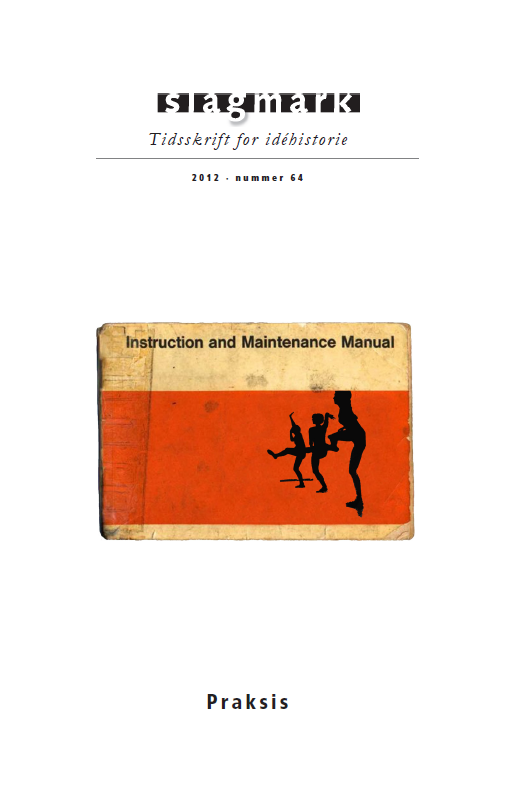Karl Polanyi og utopien om det fri marked - en introduktion til Karl Polanyis The Great Transformation
DOI:
https://doi.org/10.7146/sl.v0i64.104089Keywords:
Karl Polanyi, The Great Transformation, Capitalism, Economic Sociology, Embeddedness, The MarketAbstract
This article offers the first comprehensive introduction to Karl Polanyi’s The Great Transformation (TGT) from 1944 written in Danish. Relatively unnoticed by the time of its publication, TGT has since received widespread attention, especially after the rise of economic globalisation and neo-liberal policies. The thesis of TGT is that the great wars and crisis of Western civilization in the 20th century should be seen against the backdrop of the 19th century’s liberal civilisation. Polanyi argues that the attempt to create a liberal, free market world order was crucial for the later breakdown of Western civilization. Polanyi’s concept of a ‘double movement’ traces the historical dialectic between the creation of free markets, and the reactions against these. Central to the legacy of Polanyi is his concept of ‘embeddedness’, which has become a key concept in economic sociology. Whereas before 19th century liberal civilization, economic relationships and markets were ‘embedded’ in social relationships, 19th century ‘liberal utopia’ was an attempt to embed societies into markets. In this ‘master narrative’ of Western civilization, Polanyi traces the historical trajectory of the market, its intellectual history, and its historical significance. The article introduces main
themes of TGT and the reception of TGT. At the end, it briefly sketches a ‘Polanyian’ account of the world financial crisis of 2008.





